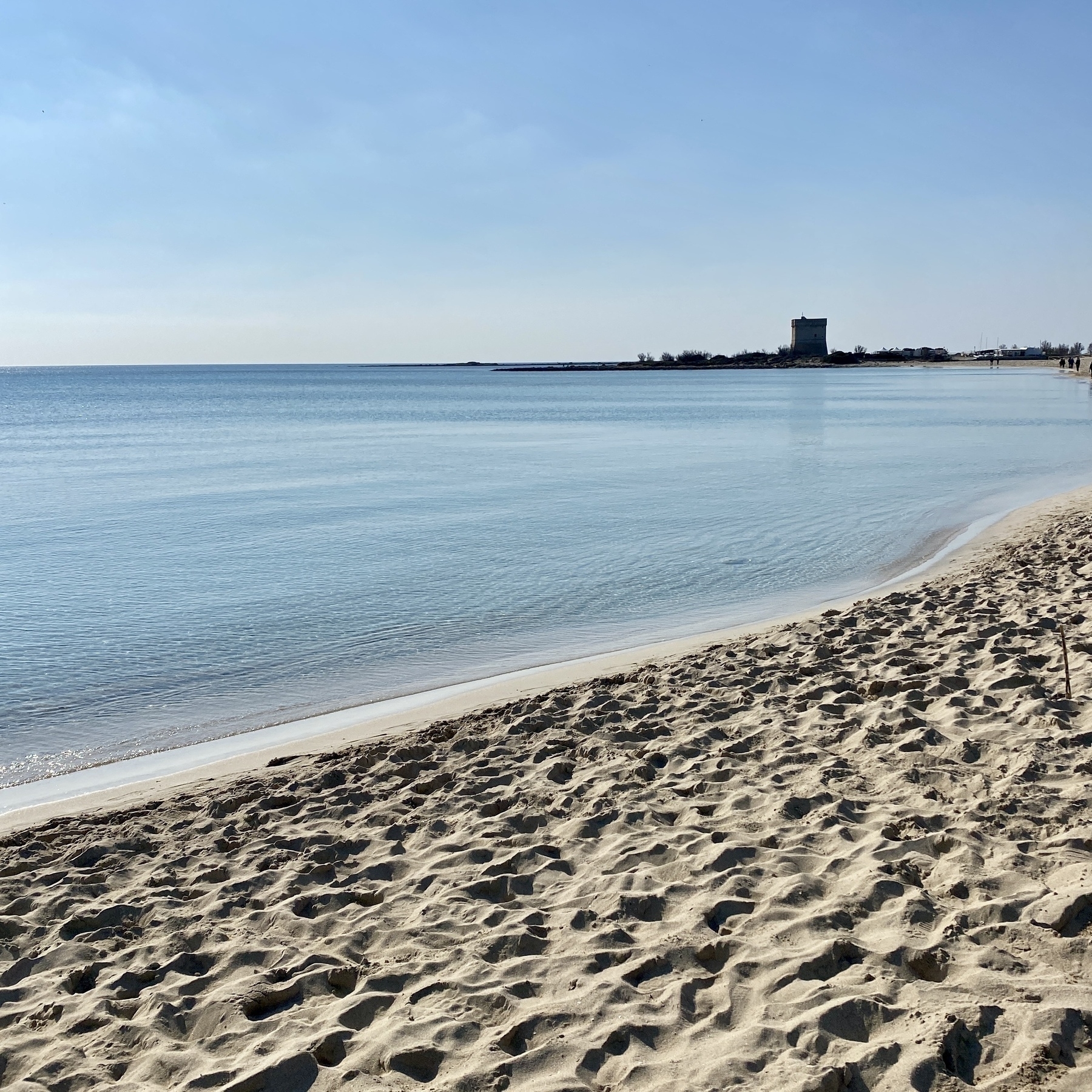I’ve been comparing Google’s Gemini 1.5 Pro with OpenAI’s GPT-4o.
The consensus from my research seems to be that most people think that ChatGPT is by far the better product. However, I find Gemini offers a better experience for me.
I use it to help with lesson planning, learning Italian, studying iOS development and for help across other more general things. It’s also become a new first point of call for much of what I would otherwise just Google the old-school way.
More often than not, Gemini reads between the lines to tell me what I need to know in a far better format and tone than what I get out of ChatGPT. It’s also more frequently correct, with a button to link to sources if I want to dig deeper.
I find it much easier to be sloppy with my prompts and get what I need with Google than with ChatGPT. Sure that may make me sound lazy, but sometimes I don’t particularly feel like ‘engineering’ a prompt. This is not to say the difference is night and day, they are both very close, but I picked up on some nuances after using both for months as I weighed up where to spend my €23 per month.
There is something about Google that seems just nicer and clearer in the way it explains things. It’s a bit less bland and cliché. The way information is structured and communicated matters a lot. There are so many different ways to say the same thing, with just as much variation in clarity and impact.
I don’t use it for any writing, however. Even for feedback as an editor, I find its language suggestions and structural ideas a bit too formulaic. But for research? If you’re willing to treat it like a really smart academic who is known to be a serial liar and take drugs at any time of the day, I think it’s a fantastic tool in your arsenal.
I often access Gemini through the Google app on my iPhone. If you’re not familiar with the format, there are two big tabs at the top: Search and Gemini. I would say that I use Gemini more often than Search.
I think this is a sign of things to come.


